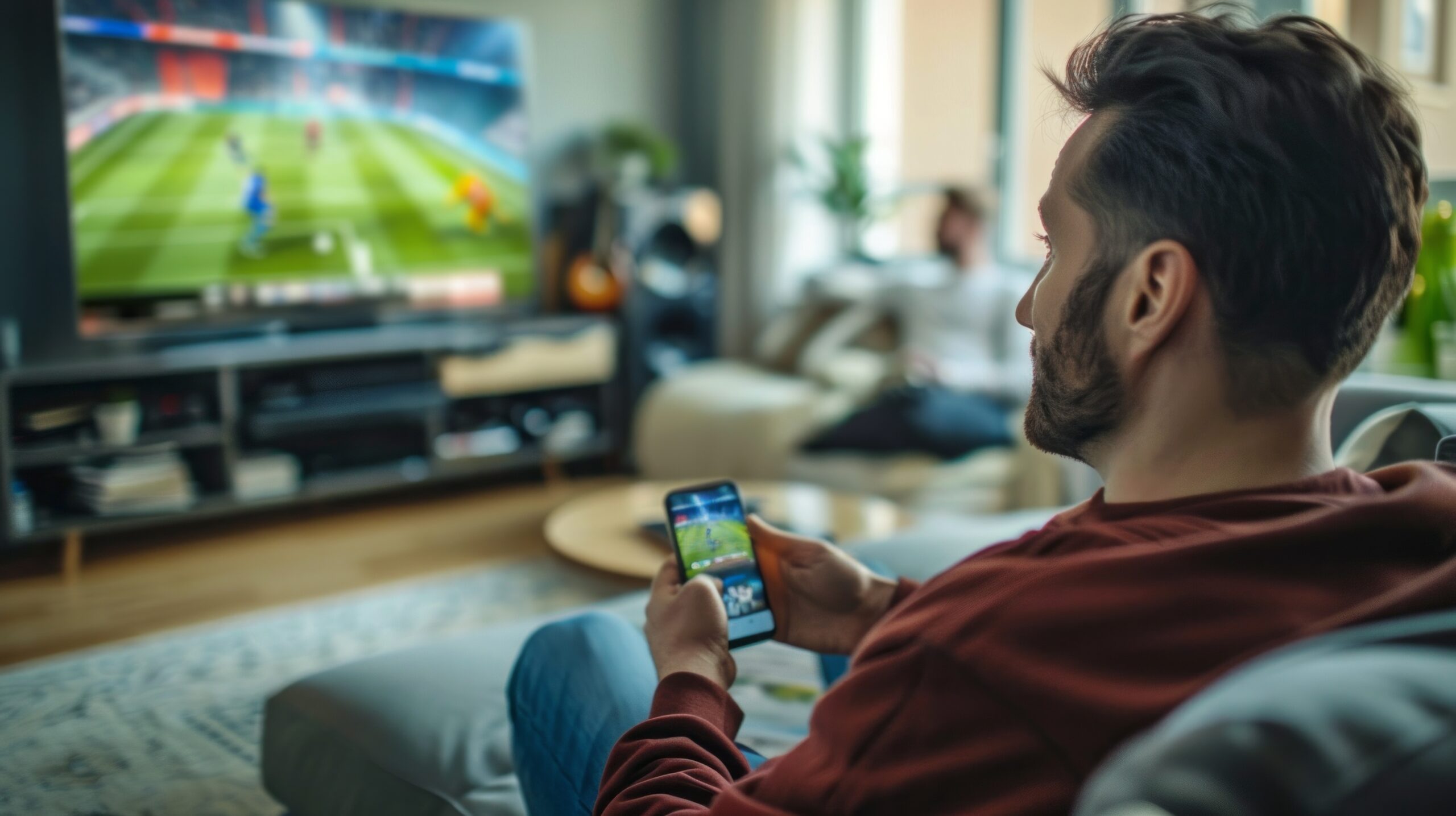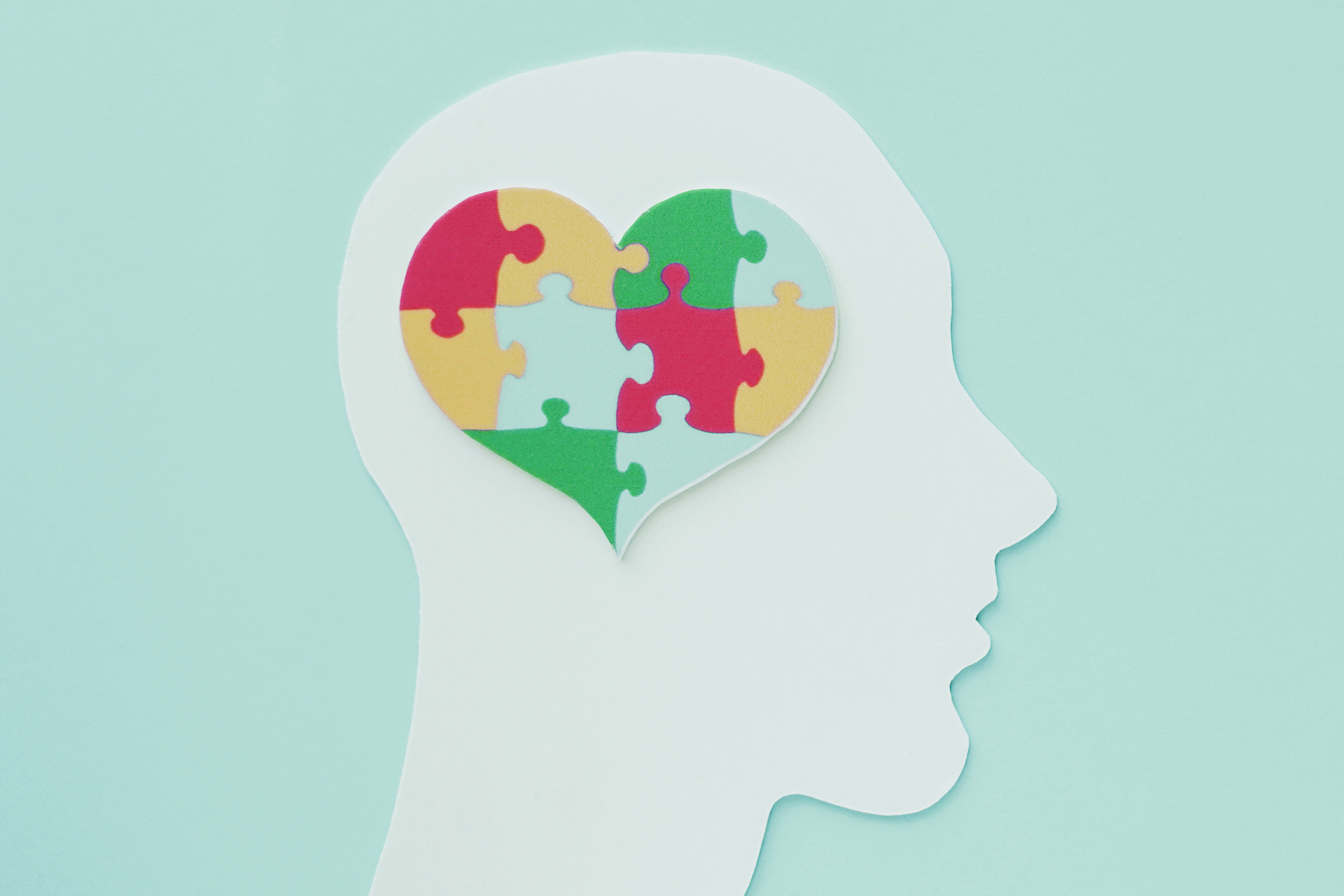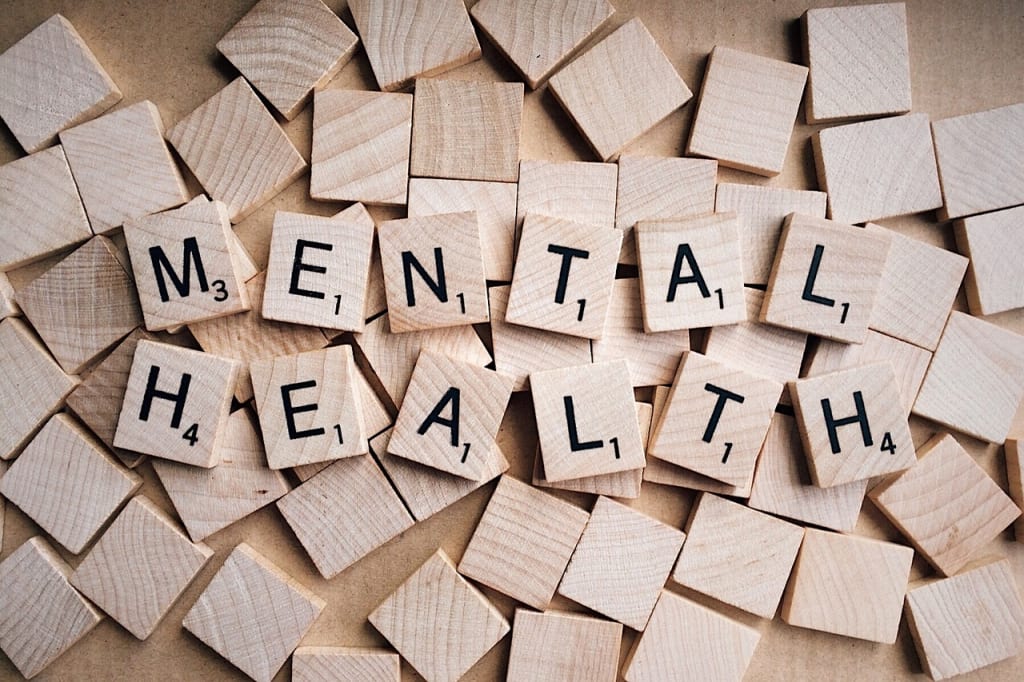Once seen as a distraction or even a bad habit, gaming is now recognized as a powerful tool for improving mental health. In 2025, millions of people around the world are turning to games not just for fun — but for focus, connection, and emotional healing. So how exactly can gaming support a healthier mind?
Stress Relief in a Digital World
Gaming offers an immersive escape that helps reduce anxiety and relieve stress. Whether it’s building a peaceful village in Animal Crossing or solving puzzles in a quiet indie game, the focus required during gameplay shifts attention away from daily worries. This mental break can be especially helpful for people dealing with burnout or emotional fatigue.
Building Social Connection
Multiplayer games like Fortnite, Minecraft, or Among Us bring people together from all over the world. For many players, especially those who feel isolated or socially anxious, gaming communities offer friendship, support, and a safe place to be themselves. In 2025, “digital bonding” through games is becoming just as meaningful as real-life connection.
Boosting Cognitive and Emotional Skills
Games are good for your brain. Strategy games improve problem-solving and planning, while fast-paced games enhance reaction time and attention span. Role-playing games (RPGs) even help develop empathy by allowing players to explore different perspectives and make emotionally-driven choices.
Therapeutic Gaming: A Growing Trend
A growing number of developers are creating “serious games” — specifically designed to help with mental health issues like depression, PTSD, and ADHD. Titles like Celeste, Gris, or the mindfulness-based app PAUSE use gameplay to explore emotional resilience, grief, and personal growth. In 2025, mental health professionals are even prescribing certain games as part of treatment plans.
Mindful Gaming: Playing with Intention
Like anything, gaming should be balanced. Playing too much or using games to avoid real-life problems can lead to unhealthy habits. But with mindful use — setting limits, choosing uplifting games, and staying socially engaged — gaming can become a positive, powerful part of your self-care routine.
Gaming doesn’t just entertain — it empowers. Whether you’re battling monsters, solving mysteries, or decorating a digital home, the right games can offer relief, insight, and emotional connection. So next time you pick up a controller or tap your phone, remember: you’re not just playing. You’re healing, too.







